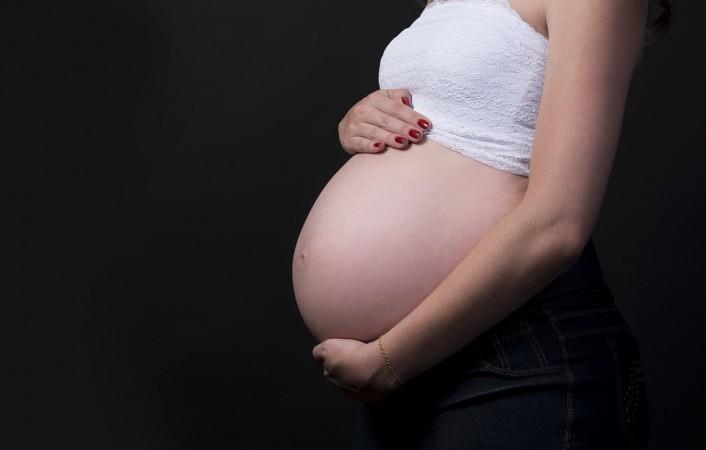
A shocking new research found that mobile phones and Wi-Fi signals may increase the risk of miscarriage in pregnant women by nearly 50 percent.
Magnetic field (MF) non-ionizing radiation is given off by cell-phones and power lines. We are all exposed to it to some extent and it has now been linked to miscarriage in pregnant women.
In fact, the MF radiation has previously been linked to cancer and the World Health Organization recommended to study its effect on pregnancies.
So, recently researchers from the Kaiser Permanente Division of Research in Oakland, California, analysed more than 900 pregnant women at varying stages of their gestation. Among them, some participants had previously suffered at least one miscarriage.
All of the study participants were asked to carry a magnetic-field monitoring device, which measures MF-radiation exposure, for 24 hours on a typical day. They were also asked to keep a diary of their activities on that day and were then interviewed in person so as to better control the possible confounding factors.
After controlling for multiple variables known to influence the risk of miscarriage, including alcohol use, caffeine intake, nausea/vomiting, maternal fever and infections, the results revealed that pregnant women with the highest MF-radiation exposure have a 48 percent greater risk of miscarriage than those with the lowest exposure.
The results revealed that pregnant women with the highest MF-radiation exposure have a 48 percent greater risk of miscarriage than those with the lowest exposure.
Among those who were exposed to the highest levels of MF radiation, 24.2 percent had a miscarriage compared to 10.4 percent of those who were exposed to the lowest amounts.
It was also noted that the risk occurs regardless of whether they have suffered miscarriages in the past.
Lead author Dr De-Kun Li said: "This study provides evidence from a human population that magnetic field non-ionizing radiation could have adverse biological impacts on human health."
De-Kun Li added: "We hope that the finding from this study will stimulate much-needed additional studies into the potential environmental hazards to human health, including the health of pregnant women."
The findings were published in the journal Scientific Reports.











![BJP fields Tashi Gyalson for Ladakh; drops sitting MP [details]](https://data1.ibtimes.co.in/en/full/797185/bjp-fields-tashi-gyalson-ladakh-drops-sitting-mp-details.jpg?w=220&h=138)



